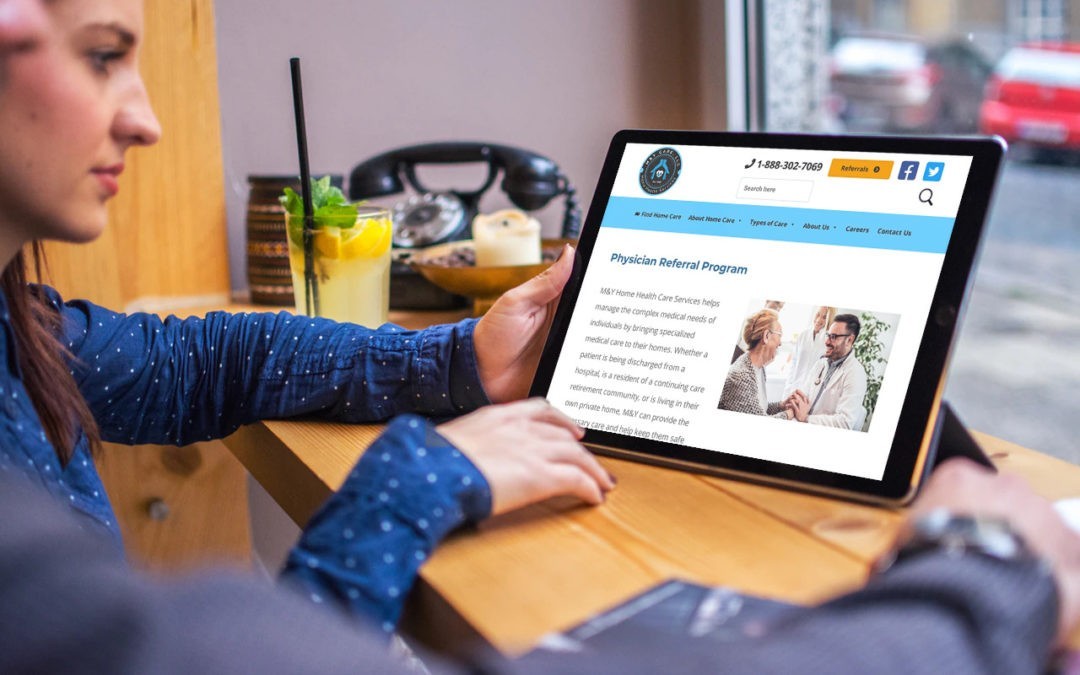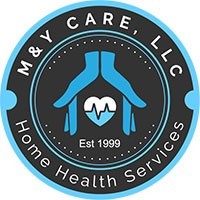
by M | Feb 18, 2020 | Blog |
“If individuals are in a situation where their health is compromised and they are physically unable to participate in physical activity, hot-water immersion could be a useful modality to decrease some of the risk factors associated with obesity and inactivity,” Kirk said.
Nicky Kirk, DC, MSc, a chiropractic sports physician, also says a hot-water bath isn’t a good replacement for cardio and weight-bearing exercises.
The ancient Greeks and Romans regularly practiced something many people are avid about today. Centuries ago, emperors to everyday citizens valued the healing remedy of steam baths and hot water pools featured in elaborate private and public baths. Today, Iceland, Japan, Canada, New Zealand and the United States boast some of the most restorative thermal pools and natural hot springs on the planet.1 A new research field — passive heating for human health — proves that hot baths even at home are a medicinal benefit to all ages, including seniors with a number of health conditions.
Researchers say a hot bath can help reduce inflammation and control blood sugar. But of course it’s not a complete substitute for exercise.
But new research suggests a long, hot bath may be as helpful to you as a gentle workout session, too.
British researchers report that hot-water immersion — that is, a long sit in a hot-water bath — may help reduce inflammation and control blood sugar levels in much the same way exercise does. A hot soak elevates nitric oxide in the blood, allowing blood vessels to relax. Flexible blood vessels decrease blood pressure and promote better circulation and vascular function throughout the body.
Dermatologists have long touted the healing effects of bathtub mini-spas. Adding colloidal oatmeal to a warm bath can cleanse, soothe and protect dry, irritated skin. Eczema, a skin condition, can be treated with a bleach bath. Adding lavender essential oil to a warm bath can help heal skin and reduce anxiety, and rose essential oil in a warm bath can aid in reducing pain and stress. Remember to always dilute essential oils with a carrier oil, such as coconut, before adding to water.
While hot baths are beneficial overall, it is important to note that soaking in a hot water bath raises a person’s heart rate. For those individuals with cardiovascular concerns, it is best to check with one’s doctor first about using a hot soak for lowering blood pressure and alleviating other ailments.
Know more and keep in touch with M&Y Home Care. We are always there to assist you.

by M | Feb 17, 2020 | Blog |
M&Y Home Health Care Services helps manage the complex medical needs of individuals by bringing specialized medical care to their homes. Whether a patient is being discharged from a hospital, is a resident of a continuing care retirement community, or is living in their own private home, M&Y can provide the necessary care and help keep them safe at home.
Our team of RN and LPN nurses, and specialized therapists have expertise in:
Complex care management
Palliative care
Advance care planning
Health coaching
We work with you every step of the way to make the referral process easy and efficient. Furthermore, our licensed and certified medical caregivers become an extended arm for physicians, while caring for patients in their homes. Through M&Y, physicians stay connected with their patients. Our caregivers can observe the patterns and behaviors that can affect their patient’s health, such as medication compliance or diet, and report that information to you. Ultimately, with M&Y Care as their partner, physicians are able to benefit financially, achieve better outcomes for their patients, and use their time more efficiently.
Health Insurance Accepted
M&Y accepts Medicare, Medicaid, auto insurance, workers compensation plus forty other health insurance providers.

by M | Feb 13, 2020 | Blog |
Home care is supportive care provided in the home by licensed healthcare professionals who provide medical treatment needs or by professional caregivers who provide daily living assistance for a loved one. Caregiver duties are wide-ranging. One moment a caregiver may be shopping for meals or cleaning the carpet and the next they could be discussing medication dosage with the pharmacist or arranging transportation for a specialist appointment. The caregiver is responsible for ensuring continuity of care to the loved one, whatever that entails.
M&Y Care have been in business for over 20 years and possess the necessary experience to help guide you through the home care decision making process. We understand the challenges of a family to manage and care for a loved one’s needs during their recovery period or throughout the “aging in place” process. We also understand how difficult it is to allow someone to come into your home or a family member’s home. M&Y Care has served thousands of families and has dealt with many different situations, schedules, personalities, and needs. We understand that this is a new process you will be going through and we take the time to answer all your questions.
Although most home care requests are usually planned, M&Y Care can assist families who require a faster response in emergency situations such as a late day discharge from a hospital or rehabilitation facility. We are also available to help with requests for in hospital aid, assisted living facility bedside care, or major transitions such as assisted living to a family member’s home.
Whatever your need, M&Y Care is ready to help. Contact us to learn more about how M&Y Care can create an affordable personalized care plan for you.
PPE Available Now
Masks, Gloves, and more….

by M | Feb 13, 2020 | Blog, News |
The home health and home care markets have a lot of tailwinds working in their favor. In the health care sector at large, however, CFOs foresee strong financial pressures ahead.That’s according to a recent survey from BDO, a Chicago-based accounting, tax, financial advisory and consulting organization. Released in January, the survey includes the responses of 100 CFOs at U.S. health care organizations, including home health providers, with revenues ranging from $250 million to $3 billion.
Overall, 55% of surveyed executives expect to see a recession in the next year or two, and 23% of executives are concerned about risks related to government reimbursement. For home health providers, this means navigating the challenges surrounding the Patient-Driven Groupings Model (PDGM), which began on Jan.1. Besides changing therapy reimbursement and creating a more complex case-mix system, PDGM also comes with potential cash flow disruptions.
More than three-quarters of surveyed CFOs say they have 60 days or less cash on hand.
In response to liquidity concerns, providers are considering outside investment, with 25% of CFOs citing specialty financing as the source.
“When health care organizations pursue specialty financing, it can mean that they’ve reached their traditional credit limit and are in a distressed situation, and/or they’re considering a different type of transaction or investment structure with needed industry expertise from their lenders,” Patrick Pilch, senior managing director and national leader of The BDO Center for Healthcare Excellence & Innovation, wrote in the survey report.
Private equity (14%), joint ventures (13%) and working with a REIT to monetize stranded assets (10%) round out the top four sources of external investment CFOs may pursue on behalf of their organizations.
“Health care CFOs’ focus here demonstrates the increasing complexity of the environment under which health care organizations operate, and how the appropriate capital infusion is needed, aligned with shifting operating models,” Pilch wrote.
Another takeaway from the survey: As U.S. health care continues moving toward a more value-based system, home care emerges as a key investment area. In fact, 43% of surveyed executives identified home care as a priority investment.
Additionally, 45% identified virtual health — namely telemedicine and remote patient monitoring tools — as a priority investment.
“Home health providers that can cultivate important brand markers by providing care that aligns human experience, operations, technology and space will be the ones that thrive,” Pilch told Home Health Care News in an email statement. “Tools like wearables and sensors, mobile health monitoring applications and virtual reality can help them do it.”
In addition to the above topics, the survey also dug into revenue expectations for the next 12 months.
Despite anticipating financial pressure, 87% of surveyed CFOs expect their organization’s revenue to increase in the year ahead. Meanwhile, the vast majority also expect their organization’s profitability to rise.
BDO’s survey was conducted by Rabin Research Company, an independent marketing research firm.
— Written By Joyce Famakinwa | February 11, 2020
Source: Home Health Care News

by M | Feb 12, 2020 | Blog |
According to the World Health Organization (WHO), approximately 50 percent of patients do not take their medications as prescribed. It’s estimated in the United States that among seniors the percentage is even higher. More than 80 percent of seniors regularly take two or more prescription drugs (and 50 percent take four or more). According to the U.S. Department of Health and Human Services, 55 percent of these seniors are non-compliant when it comes to taking their medication.
This is a serious problem that leads to return trips to the hospital and adversely affect the long-term health of seniors and others relying on medication. In fact, the WHO stated in a report on medication adherence that “increasing the effectiveness of adherence interventions may have a far greater impact on the health of the population than any improvement in specific medical treatments.”
In order to ensure your parents and loved ones get the best medical care possible, be sure to provide doctors with a full medical history, a record of all prescription medications and attend doctor visits with your parents whenever possible. Always ask questions and bring up any concerns you may have.
M&Y Care is always there to take care of your family health problems at your home and just a call away.





